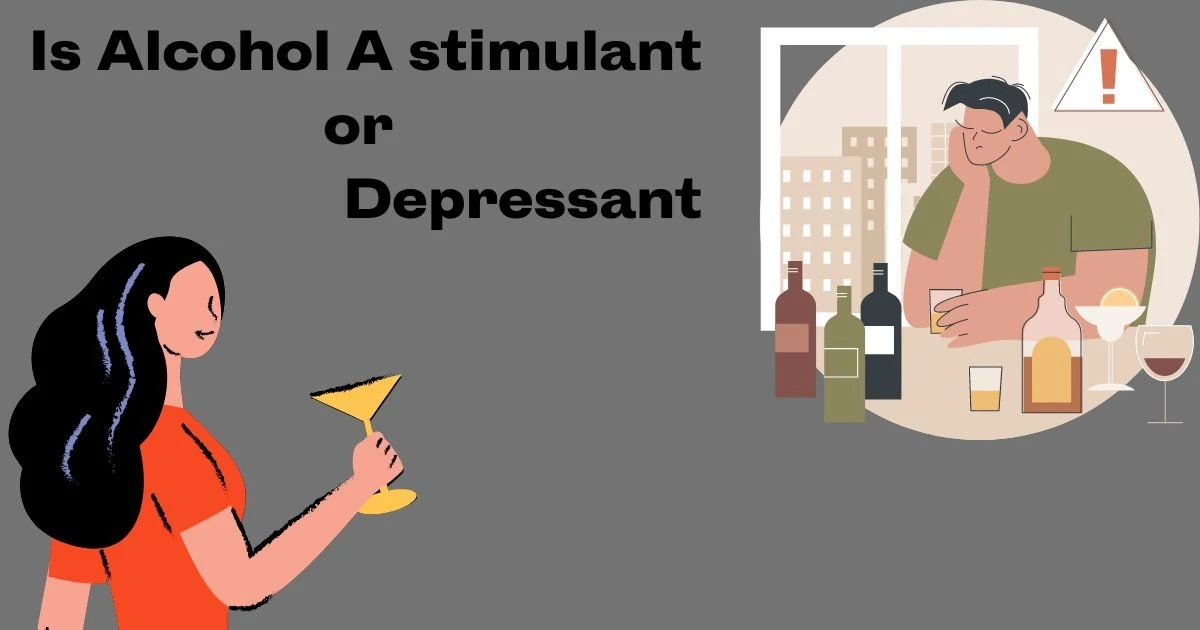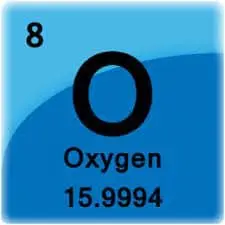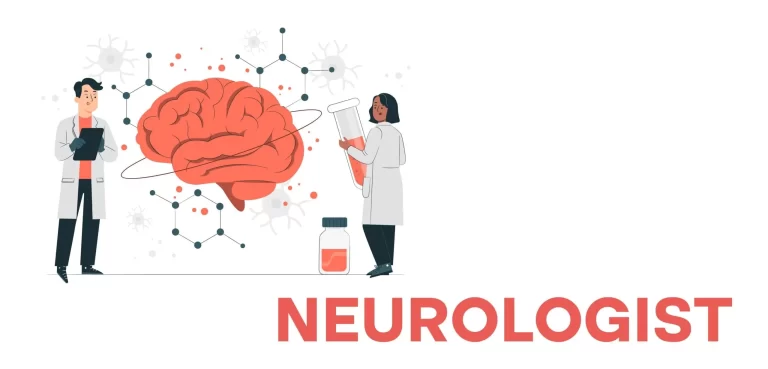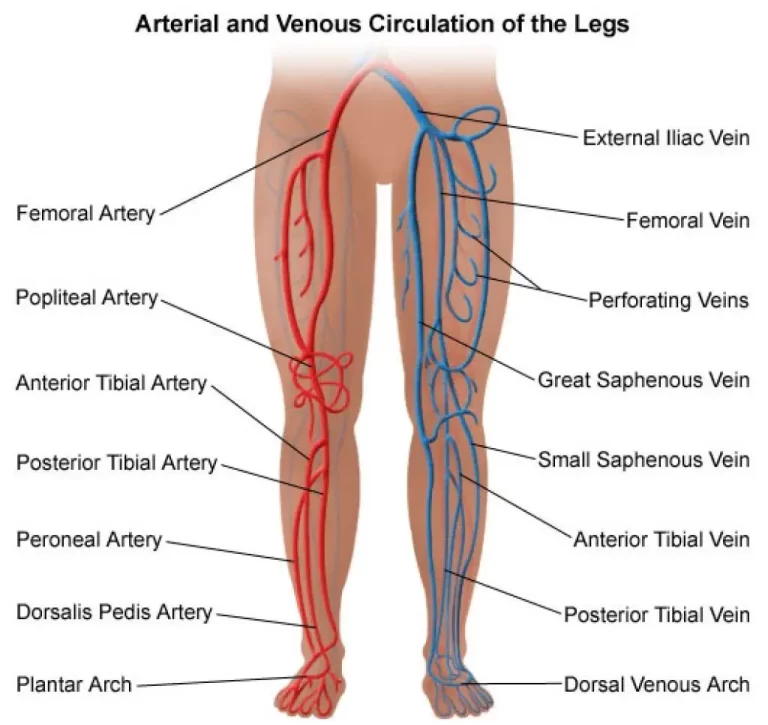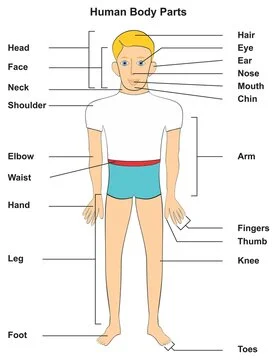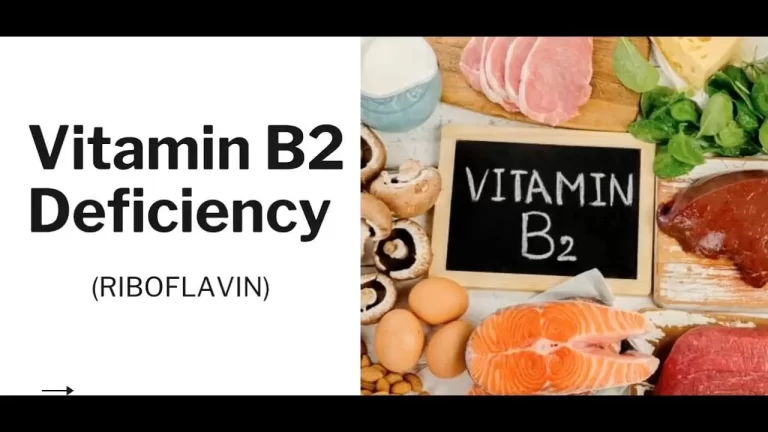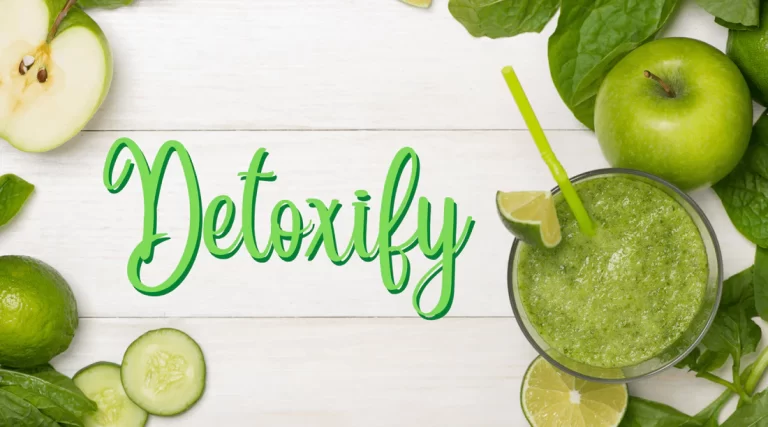Is Alcohol a Stimulant or Depressant?
It’s commonly known that alcohol impairs brain function, but you might be wondering how it works. Some individuals view alcohol as a stimulant that may raise your heart rate, provide energy, and lower your inhibitions. However, this is not correct.
Alcohol has some early stimulant effects, but it is mostly depressive, which means it slows down your body. How it affects you is determined by your body chemistry, the amount of alcohol consumed at once, and your alcohol tolerance.
One depressant that has an impact on the central nervous system (CNS) is alcohol. Alcohol is a stimulant, though, especially at first and in small amounts. Any amount of alcohol use is dangerous, according to a study. Consumption of alcohol also raises the chance of other illnesses, such as depression.
This article discusses the effects of alcohol as a stimulant and depressant and, looks deeper into the topic of alcohol, showing the difference between stimulants and depressants as well as alcohol use disorder.
Alcohol: what is it?
Alcohol is a central nervous system (CNS) psychoactive depressant. A psychotropic drug affects the brain, which might change one’s emotions, ideas, or behavior.
Alcoholic beverages contain ethanol, sometimes known as ethyl alcohol. Alcoholic beverages are produced by manufacturers using a procedure known as fermentation. Yeast does this process to turn carbs into alcohol.
Depending on the type of beverage, the proportion of alcohol varies. A portion of distilled spirit may have 40% alcohol, while a typical beer may only have 5% alcohol.
Alcohol Effects on the Body
Alcohol acts as a depressant. It works by slowing brain activity. Drinking alcohol may impair judgment or cause slower reaction times. Drinking alcohol may also cause dehydration.
When alcohol enters the body, the majority of it is absorbed into the circulation via the intestines. Blood, and hence alcohol, spread fast throughout the body and brain. This occurs more quickly than the liver can metabolize and remove alcohol.
Alcohol stimulates the neurotransmitter gamma-aminobutyric acid (GABA) in the brain, resulting in decreased anxiety, tension, and terror levels. Neurotransmitters are substances that regulate communication between nerve cells.
- Excessive alcohol use can lead to various health issues, including liver damage.
- Pancreatitis, high blood pressure, and Sudden Infant Death Syndrome
- Aggressive behavior might result in unintentional harm.
- Alcohol Use Disorder
- Cardiovascular diseases, strokes, and hypertension.
- Cognitive Disorders
- dementia
- Fetal Alcohol Syndrome
- Research has also indicated that consuming alcohol raises the chance of acquiring cancer.
Stimulants vs depressants.
- Alcohol’s Stimulants and depressants have opposing effects on the nervous system and brain function. Stimulants activate the nervous system. They may raise your blood pressure and heart rate, giving you extra energy. They can cause sleeplessness, jitteriness, and impulsive behavior in large dosages.
- Stimulants range from moderate, such as coffee, to considerably powerful prescription amphetamines or illegal narcotics like cocaine.
- On the other side, depressants slow you down by lowering your heart rate and blood pressure. They can make you feel calm and, ultimately, utterly sedate you. Benzodiazepines are a type of depressant medicine used to treat sleeplessness and anxiety, whereas prescription opiates are very effective in this area.
- Some chemicals have properties of both. Examples include nicotine, which is most commonly described as a stimulant, and alcohol, which is largely a depressant with some stimulant properties.
- Alcohol and stimulant or depressive medicines should not be combined due to the possibility of serious adverse effects. Stimulants stimulate your nervous system and may increase your vitality, while depressants slow down and calm you. Certain chemicals have both stimulating and depressing properties.
- Stimulants enhance your nervous system and may increase your vitality, while depressants slow down and calm you. Certain chemicals have both stimulating and depressing properties.
The Stimulant Effects of Alcohol
- When you drink alcohol for the first time, your brain releases dopamine, also known as the happy hormone, which can energize and invigorate you. Furthermore, alcohol can raise your heart rate and, in certain situations, cause hostility, both of which are common side effects of stimulants.
- When your blood alcohol concentration (BAC) approaches 0.05 mg/l, stimulant effects begin, but these are replaced by greater depressant effects after your BAC hits 0.08 mg/l — the threshold at
- Which are legally impaired to drive in most regions of the States. It is important to keep in mind that each individual’s experience with alcohol is unique and depends on several factors, including body chemistry, gender, weight, alcohol toleration, and the quantity of alcohol consumed.
- Furthermore, alcohol may have a greater stimulating impact on certain persons than on others. Researchers believe that persons who experience more stimulating effects and less calming effects are more likely to develop alcoholism.
- While alcohol can have some stimulant effects, especially at low amounts, it is mostly a depressive. Lower amounts of alcohol have an initial stimulating impact. It can elevate your heart rate, anger, and impulsiveness, as well as induce a spike in dopamine levels.
Excessive stimulant usage may cause
- Chest discomfort
- Vomiting
- Stomach cramps
- Sweating
- Headaches
- Dizziness.
Depressive effects of alcohol
- After the first stimulant effects, alcohol slows the central nervous system, lowering blood pressure, heart rate, and mental clarity. People who have consumed excessive quantities of alcohol have reduced response times and may appear tired, confused, or drugged.
- Furthermore, greater alcohol levels might decrease dopamine production, leaving you feeling depressed or listless.
- When your blood alcohol concentration penetrates around 0.08 mg/l, you will experience depressant effects. When your blood alcohol concentration (BAC) penetrates 0.2 mg/l or more, the depressive effects on your respiratory system can be severe enough to induce coma or death.
- When consumed in bigger doses, alcohol transitions from a stimulant to a depressant. It lowers your neurological system, blood pressure, and heart rate, resulting in mental confusion, tiredness, and a lack of coordination.
- Prescription depressants can treat several diseases including panic disorder, stress, anxiety, sleeplessness, and seizures.
Although depressants can assist cure some diseases, consuming these medications can result in negative effects such as:
- Impaired coordination
- Blurred vision
- Dizziness
- Speech issues
- Low blood pressure.
- Nausea
- Vomiting
- Disorientation
- Long-term use of depressants can lead to physical dependency and substance use disorder.
Alcohol Use Disorder (AUD)
- Individuals with alcohol use disorder (AUD) continue to use alcohol despite the harmful effects. Although AUD instances vary in severity, those who get adequate therapy can recover.
- Certain individuals are more likely to acquire AUD than others. This category includes those with a familial history of alcoholism, those who started drinking early in life, those with mental health issues including depression, those who have experienced trauma, and those who drink excessively.
- Individuals with AUD may experience a variety of symptoms, such as excessive drinking, difficulty focusing, neglecting work or hobbies, needing to drink more to achieve the same effect, and risky behavior after drinking.
- Long-term alcohol usage can result in physical and psychological dependency. People who are addicted to alcohol may have withdrawal symptoms when they attempt to stop drinking.
- Symptoms may include nausea, anxiety, convulsions, and hallucinations. Heavy drinking might potentially cause alcohol toxicity.
- Drinking too much alcohol too rapidly might have an impact on your respiration, body temperature, and heartbeat. In severe circumstances, alcohol poisoning can result in brain damage or death.
Treatment for Alcohol Use Disorder
There are several effective treatments available for AUD.
- Certain drugs could help. Naltrexone and acamprosate can both reduce excessive drinking and promote sobriety. They may also lower alcohol cravings in certain persons.
- Another medicine, disulfiram, has undesirable side effects such as nausea after taking alcohol. These negative effects may help persons with AUD avoid drinking.
- Counseling can be used as part of AUD treatment. A therapist can assist people with AUD learn coping strategies to minimize stress and regulate urges.
- People may get addicted to alcohol after consuming it to deal with stress or unpleasant life experiences. Managing emotional or mental health difficulties might assist persons with AUD in developing non-alcoholic methods to cope.
Summary
Alcohol has some stimulant and depressive properties. It can raise your heart rate, agitation, and impulsivity in little dosages. However, because alcohol lowers blood pressure, heart rate, and mental acuity, greater dosages usually result in sluggishness, disorientation, and slower reaction times.
Your body chemistry, the amount you drink, and your alcohol tolerance will all determine how alcohol affects you specifically. Remember that moderation is the key to avoiding alcohol’s harmful effects on health. One or two drinks per day for males and women, respectively, is considered moderate drinking.
FAQs
Can alcohol have stimulating properties?
Yes, alcohol does function as a stimulant at first and in little amounts. Drinking has been shown to reduce inhibitions, which may lead to more spontaneous feelings. You could initially feel more energized as a result of this. Alcohol, on the other hand, slows down brain-body communication because it is a depressive. It doesn’t stimulate the brain in the same way.
Why does alcohol make you feel good?
Because of how alcohol affects the brain, it may make you feel more relaxed. In the short term, this could make you feel happy. However excessive drinking might have unfavorable side effects as well, such as nausea and vomiting.
Which alcohol is the healthiest?
Alcohol use in any form comes with some health hazards. More influences come from an individual’s alcohol consumption quantity than from the kind of alcohol they take. Light or moderate wine consumption may lower the risk of dementia, according to research, while excessive wine consumption raises the risk of dementia and cognitive decline. A person should discuss responsible alcohol use with a physician.
References:
- Farnsworth, C. (2023, March 27). Is alcohol a stimulant or depressant? https://www.medicalnewstoday.com/articles/is-alcohol-a-stimulant-or-depressant#summary
- Ld, S. S. M. R. (2020, January 16). Is alcohol a stimulant? Healthline. https://www.healthline.com/nutrition/is-alcohol-a-stimulant#depressant-effects-of-alcohol
- Sheppard, S. (2023, December 11). Is alcohol a depressant? Verywell Mind. https://www.verywellmind.com/is-alcohol-a-depressant-5191776

